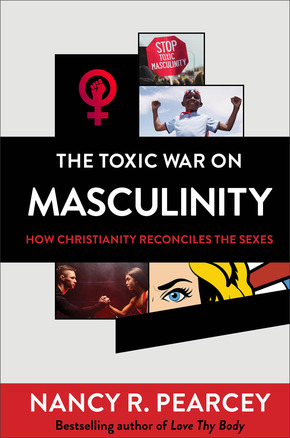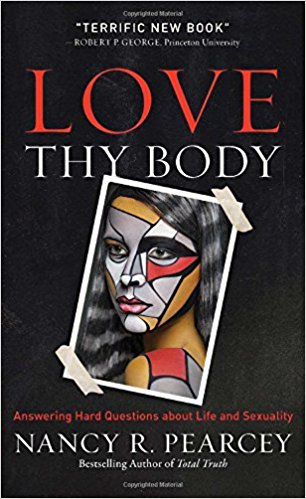 This book has the potential to revolutionize our vision of what it means to be a man in today’s culture–how to lift up the beauty of God’s design for men (in pulpits, schools and men’s ministries), how to raise a good man, what to look for in a good husband, and how to heal many of the broken relationships in our families and churches. Read on to see why this could be one of the most family-and-culture transforming books you might ever read.
This book has the potential to revolutionize our vision of what it means to be a man in today’s culture–how to lift up the beauty of God’s design for men (in pulpits, schools and men’s ministries), how to raise a good man, what to look for in a good husband, and how to heal many of the broken relationships in our families and churches. Read on to see why this could be one of the most family-and-culture transforming books you might ever read.
From my newsfeed recently: “…straight white men are abusive, [they] are serial killers…[they] are the ones shooting up schools, right?” The narrative that masculinity is toxic is pounded into men and boys daily. For such a time as this, Nancy Pearcey’s new book, The Toxic War on Masculinity, flips the script, showing that masculinity is not inherently toxic, but the war on masculinity certainly is.
Yes, Nancy writes, “men are typically larger, stronger, and faster than women. In general, they are also more physical, more competitive, and more risk-taking.” And while it’s true that the American Psychological Association notes that “most mass shooters are male, they overlook the controlled power and aggression used by the heroic men who have stopped mass murderers.” On 9-11 we were proud and grateful to mostly all men who ran into the burning buildings and searched the wreckage for survivors. That is what good men do. They protect and rescue. They show courage and aggression under control. And good moral character.
But Nancy exposes today’s competing script for masculinity: “Men everywhere seem to experience the tension between what they define as the “good man” and the way our culture pressures them to be a “real man”—‘be tough, be strong, never show weakness, win at all costs…get rich, get laid.’”
So how do you expose the falseness of a widely embraced cultural narrative?

